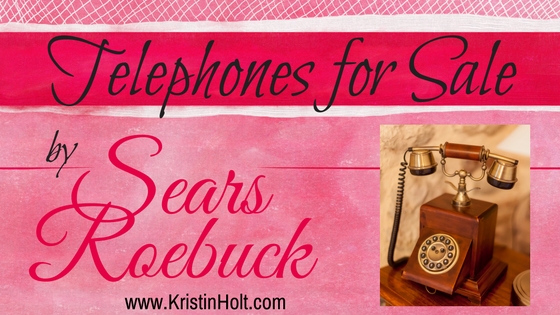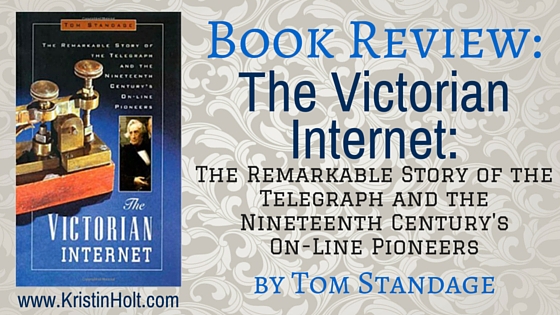
by Kristin Holt | Sep 1, 2016 | Articles
Along with just about anything a late 19th century household could desire to obtain, Sears, Roebuck & Co. offered telephones for sale. Sears offered the newest telephone technology…until the turn of the century. The 1902 catalog is devoid of telephones. Any idea why?

by Kristin Holt | Aug 29, 2016 | Articles
The rotary lawnmower was first patented in England in 1830. The new invention replaced the centuries’ reliable scythe in keeping lawns trimmed and neat. Americans jumped on that bandwagon, and lawnmowers became popular by the late 1860’s. Lawnmowers were advertised in newspapers of the day as well as mail-order catalogs like Sears and Montgomery Ward’s.

by Kristin Holt | Aug 26, 2016 | Articles
Milk Shakes, a frothy, cold beverage was all the rage in the late 19th century (though made without ice cream until the 20th century). Machines shook the beverage until the milk-fat whipped and the flavorings mixed in. Ice cream sodas and shave ice (first snow cones, sold as “snow balls”) became popular, too. Victorians, even in the Old West, enjoyed icy treats and drinks in the heat of the summer.

by Kristin Holt | Aug 8, 2016 | Articles
The Victorian Era drew to a close in January, 1901 with the death of Queen Victoria. The newspaper article I share within this post comes from July, 1902 (technically the Edwardian Era), but society’s expectations of table manners and propriety at a summer resort hadn’t changed. This article covers a few of the many, many “Summer Resorts” in the Victorian-Era United States and touches on why these resorts were so loved.

by Kristin Holt | Jun 17, 2016 | Articles
As an amateur historian, fascinated by all things Victorian and in anxious search of accurate information about the telegraph in the United States, I found Standage’s book to be informative, concise, humorous, entertaining, an easy read, and exactly what I was looking for. I understand more now about how the antiquated–and yet highly innovative–Victorian technology actually worked than I could have imagined. Standage addressed everything from the various men at work (often unaware of one another) to create the means of sending rapid messages over a great distance to the consequences on warfare and other news of the day. He addressed the employees of both genders, romances that flourished as a result of time spent together ‘online’, and the challenges eventually conquered in laying the Transatlantic Cable. 5 STARS!













